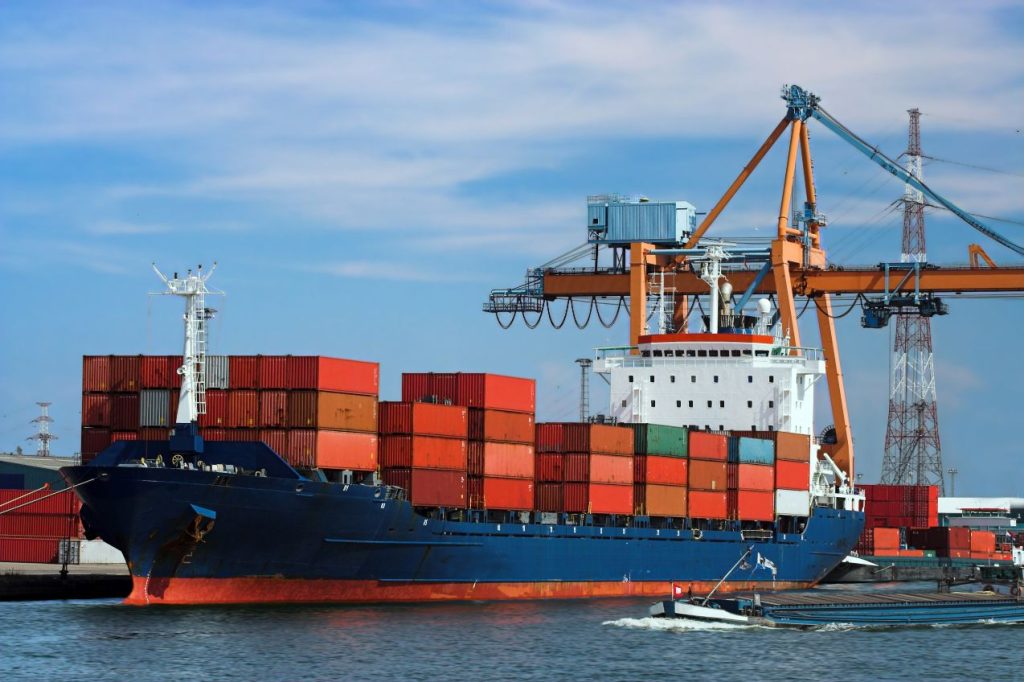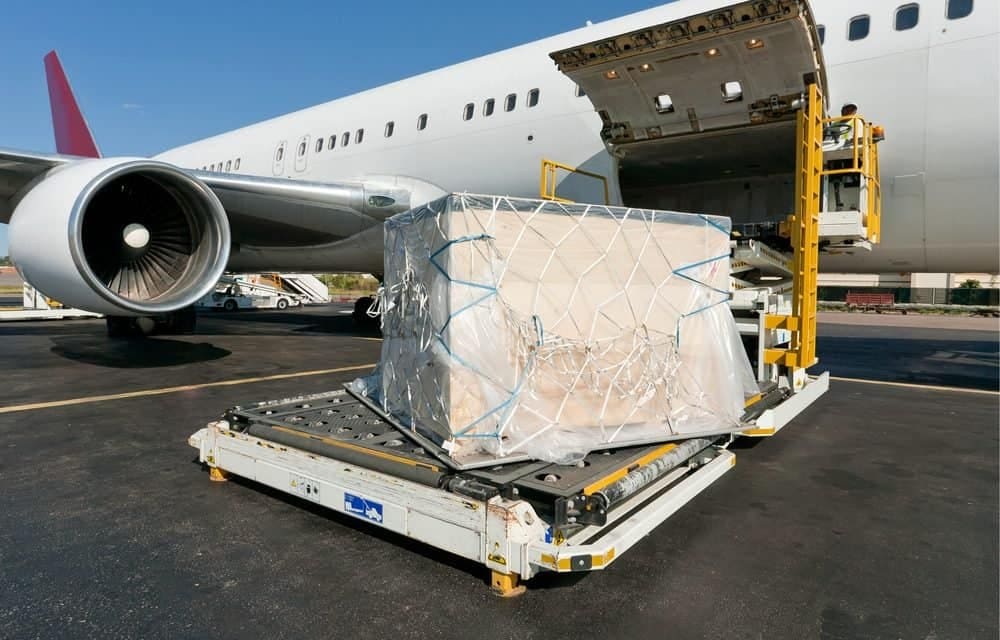Ocean Freight: The Journey of Goods Across Oceans
Ocean shipping is the oldest and most common way to transport goods over long distances across oceans and seas. Large ships are used to transport a variety of goods, from containers to bulk goods, between ports around the world.
Why use sea freight?
- Low Cost: Compared to other methods such as air freight, sea freight is the most economical option for transporting large quantities of goods.
- Large Capacity: Ships can carry massive amounts of cargo in a single voyage, making them ideal for commercial shipping.
- Long Distance: Sea freight is the best option for transporting goods between continents and distant countries.
How does sea freight work?
- Packing: The goods are packed in standard containers or in bulk and prepared for shipment.
- Transport to the port: Containers or bulk cargo are transported to the port using trucks or trains.
- Loading onto the ship: Containers are loaded onto the container ship using cranes, while bulk cargo is loaded using special pipes.
- Cruise: A ship travels across oceans and seas to a destination port.
- Unloading: Containers or bulk cargo are unloaded from the ship and transported to warehouses or directly to their final destination.
Types of ships used in maritime shipping
- Container ships: These are the most common and are used to transport goods in standard containers.
- Oil tankers: used to transport crude oil and petroleum products.
- General Cargo Ships: Used to transport a variety of bulk cargoes such as grain and fertilizers.
- Specialized ships: used to transport specific types of cargo such as cars or heavy equipment.
Advantages of sea freight
- Cost Effective: As mentioned earlier, ocean freight is the most economical option for transporting goods over long distances.
- Large capacity: Ships can carry huge amounts of cargo.
- Global Reach: Ocean freight connects all parts of the world to each other.
- Safety: Modern ships have advanced safety systems to protect cargo.
Disadvantages of sea freight
- Time taken: Sea freight takes longer time compared to other methods such as air freight.
- Environmental impacts: Shipping is a contributor to marine pollution and greenhouse gas production.



